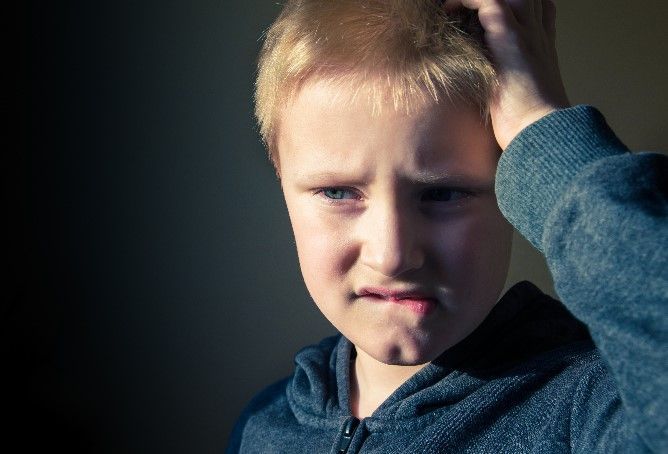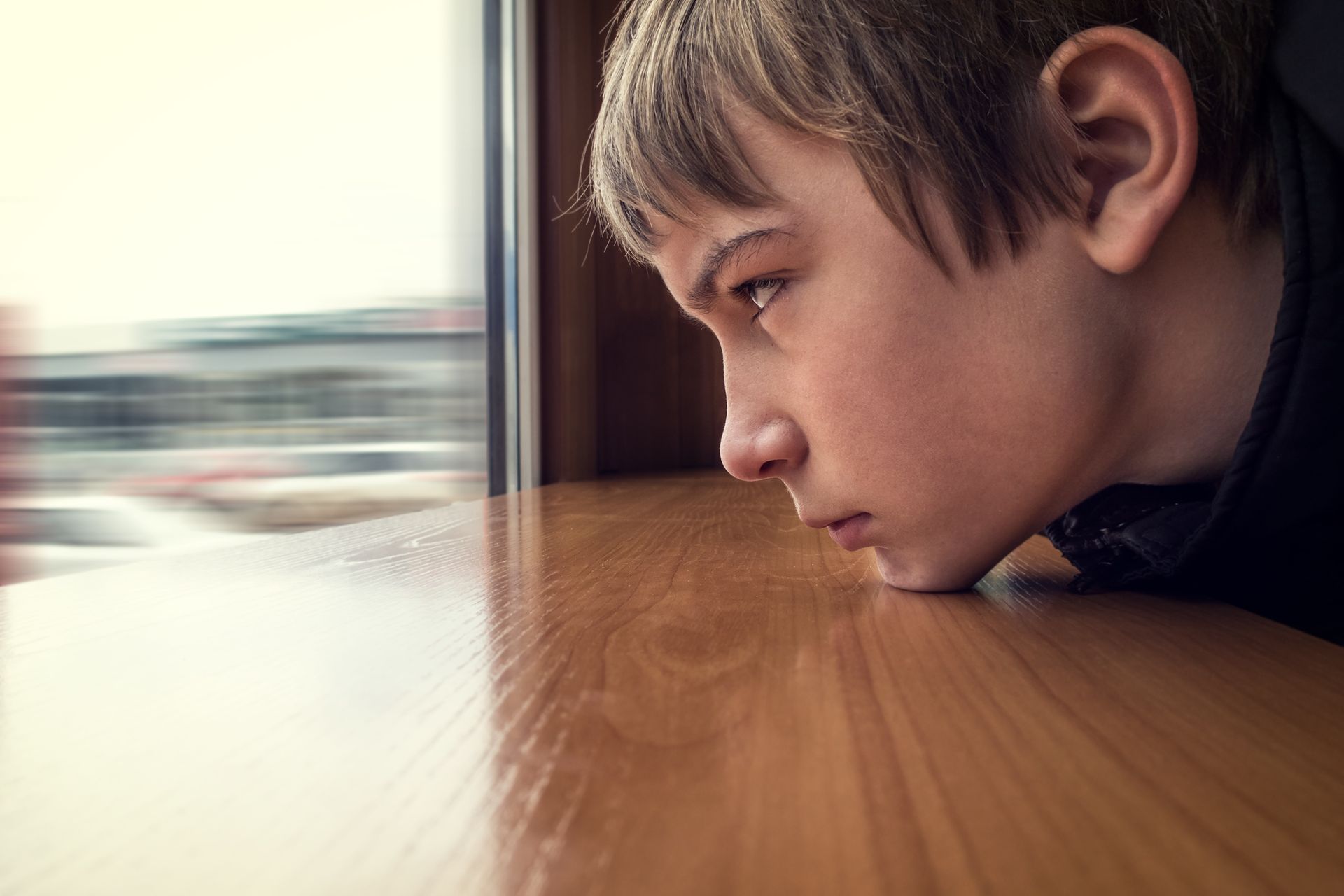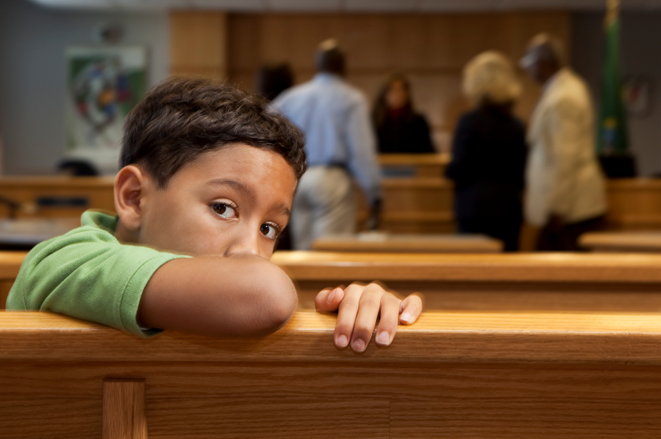Contact Us
We will get back to you as soon as possible
Please try again later
Maintaining a Child's Family Relationships After Divorce
Nurturing Bonds Beyond Separation

Divorce can alter the dynamics of a family, but it doesn't have to break the bonds that tie parents, children, and extended family members together. In this blog, we will explore the essential steps and strategies for maintaining a child's family relationships after divorce, ensuring that love and connection continue to thrive.
1. Prioritise the Child's Best Interests:
- Throughout the divorce process, the child's best interests should be the guiding principle in all decisions regarding family relationships.
2. Open and Honest Communication:
- Open and honest communication between parents is a keystone in forming positive post-divorce relationships. If you can also maintain positive extended family relationships the benefits to the child are significant, the greater the amount of people there for a child in childhood and in growing up the better there long term outcomes will be.
3. Cooperation with Co-Parents:
- Cooperation and collaboration with co-parents is essential in ensuring that both sides of the family continue to be part of the child's life.
4. Consistency in Contact and Contact:
- Maintaining consistency in contact schedules is by far one of the most important aspects of post-divorce parenting. Nothing speaks more to a child than a parent simply not turning up. For the resident parent try not to put obstacles in the way of contact, ultimately it is the child you are harming.
5. Involvement in Special Occasions:
- Involving, allowing and encouraging extended family members in special occasions, such as birthdays, holidays, and family celebrations can only be beneficial to the child, people may not always get on but so long as it is positive for the child in needs to be positive for you too!
6. Respect for Family Traditions:
- I would strongly encourage parents to respect and honour the family traditions and cultural practices that are meaningful to their child, regardless of the divorce.
7. Technology as a Bridge:
The role of technology in bridging geographical gaps is now more possible and normal than ever in maintaining relationships, allowing children to maintain contact with distant family members through video calls, emails, and social media is a positive way to ensure relationships are maintained. It maybe that the parent having contact is poorly, working away for example, would it be that bad to arrange a video or zoom call?
8. Transparency with Extended Family:
When separating it is sometimes easier not to explain and leave people in the dark, it’s also easier to blame the other person for the divorce and to present yourself as the grieved party. It’s natural to d all of these but is it the best thing? Is it likely to lead to ill feeling all ways around and is it likely to ultimately harm the child when relationships become difficult? I would suggest being fair and transparent with family, and not to apportion blame.
9. Joint Family Events:
Can there still be joint family events where both sides of the family can come together to celebrate special occasions or milestones in the child's life? If you can manage this, even occasionally it will mean a great deal to your children.
10. Encouraging Grandparent-Child Relationships:
When relationships end grandparents often pay a very high price, there is often a unique bond between grandparents and grandchildren and one that is enduring and hugely important. If you as a parent prevent contact you are not helping your child.
Contact orders for grandparents are becoming more regular and accepted, on the whole I believe this to be a positive move. Always consider / listen to the child's perspective when making decisions about extended family relationships, including any concerns or preferences the child may have.
13. Encouraging Independence:
Parents need to support the child's autonomy and independence in maintaining relationships with extended family members as they grow older, allowing them to make choices when appropriate.
15. Consistent Messages:
Both parents need to convey consistent and positive messages about extended family members, reinforcing the importance of those relationships.
Preserving Love and Connection:
Divorce may change the family dynamic, but it doesn't have to sever the bonds of love and connection with extended family members. This blog underscores the significance of prioritising the child's best interests and maintaining open communication and cooperation to nurture these vital relationships. By doing so, parents can ensure that their child continues to feel the warmth and support of their extended family, even in the face of life's challenges.








